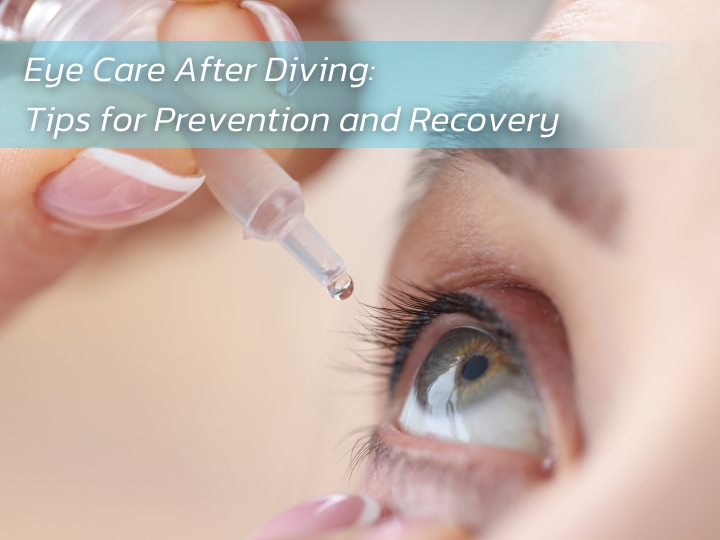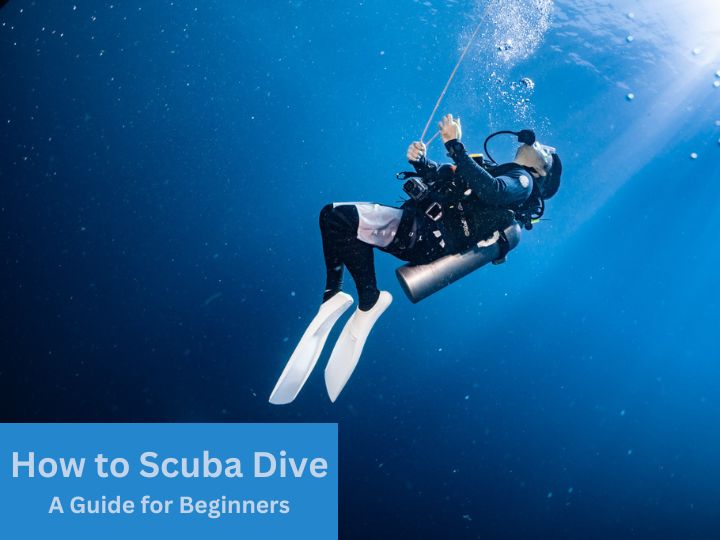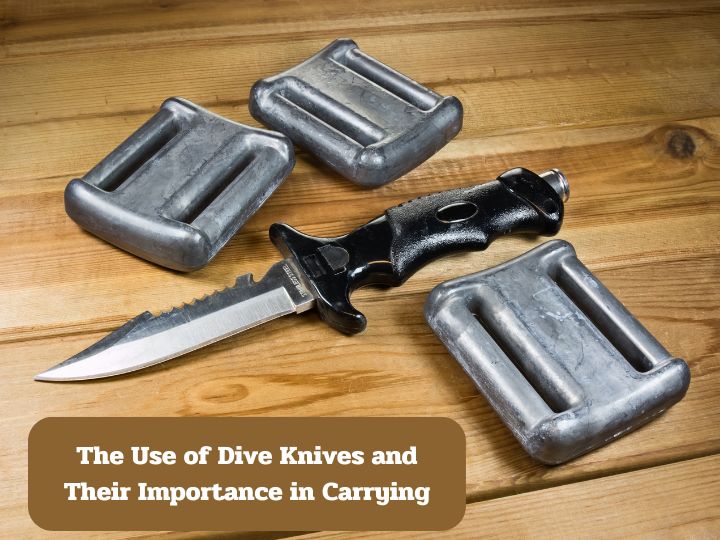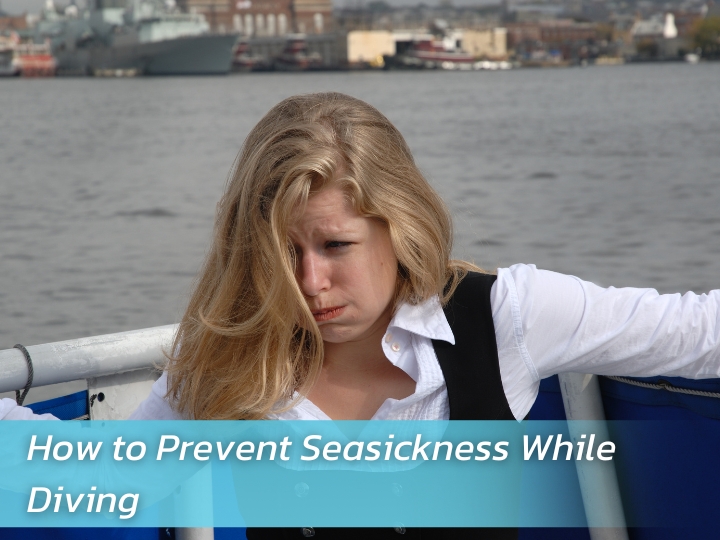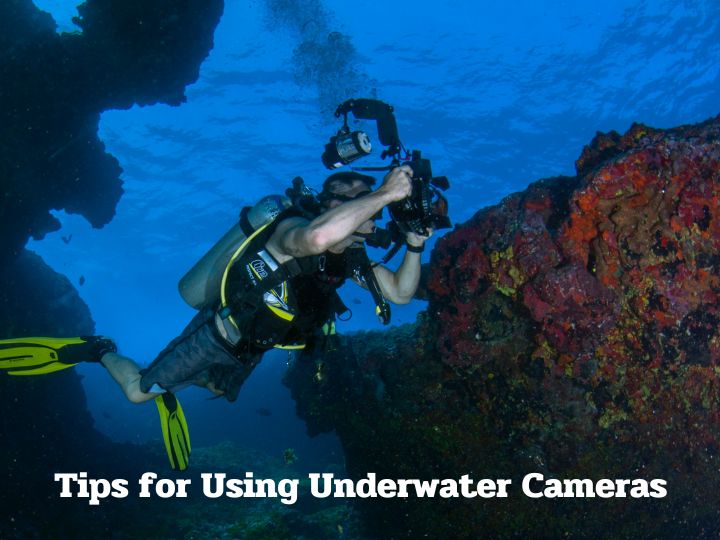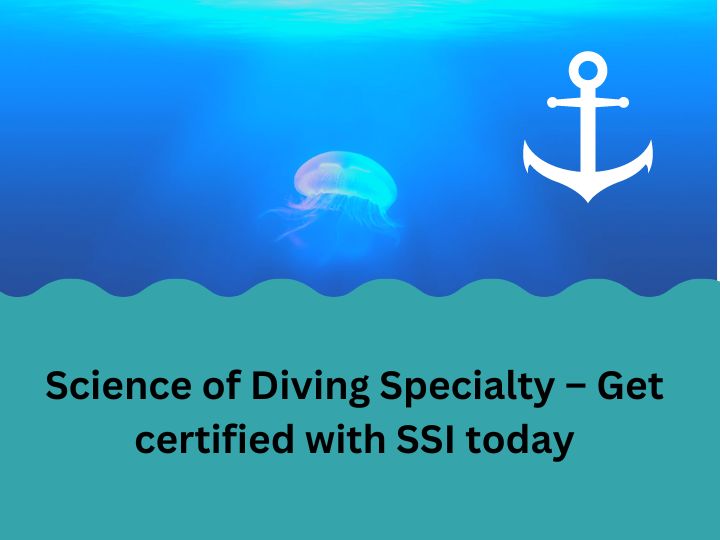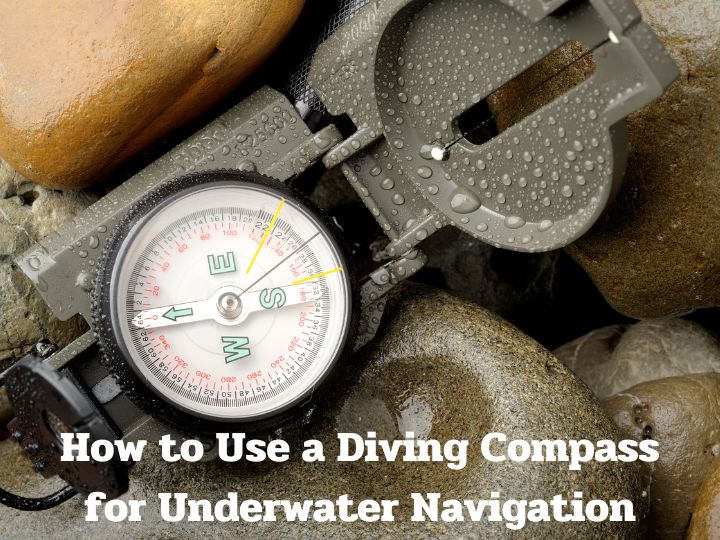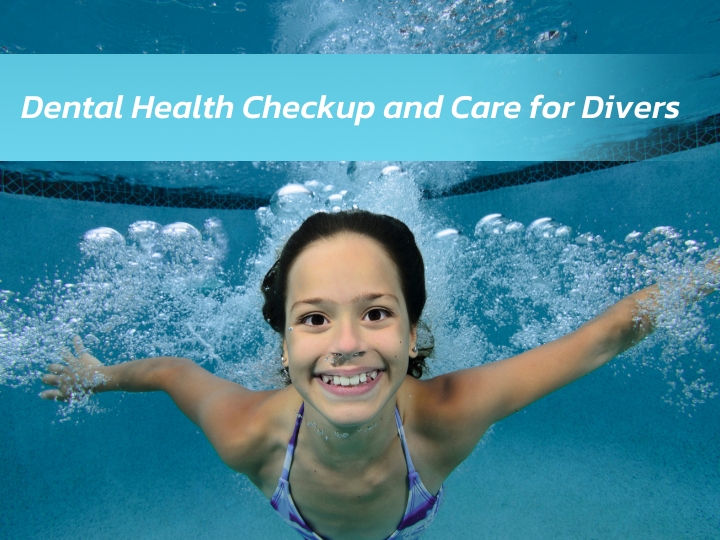
Dental Health Checkup and Care for Divers
Learn how to check and care for your dental health to ensure safe diving, with expert advice from dental and diving professionals.

The Importance of Dental Health for Divers
Diving is an enjoyable and exciting activity, but it requires careful attention to health, especially dental health. The changes in underwater pressure can cause dental problems if not properly cared for.
Changes in Underwater Pressure
When diving, underwater pressure increases, which can cause dental issues such as toothache or cracked teeth. Maintaining good dental health can reduce these risks.
Dental Health Checkup Before Diving
Divers should regularly check their dental health, especially before starting a dive. Dentists will examine and clean teeth to ensure there are no issues that could cause problems while diving.
Dental Care During Diving
In addition to pre-dive dental checkups, dental care during diving is equally important. Divers should use proper and hygienic equipment, such as clean and well-fitted masks and regulators.
How to Maintain Dental Health for Divers
Proper Dental Cleaning Techniques
Proper dental cleaning techniques are essential for maintaining dental health. Divers should brush their teeth at least twice a day and use dental floss to remove bacterial plaque.
Using Dental Care Products
Divers should use fluoride-containing dental care products to prevent cavities. Additionally, they can use toothpaste designed to reduce tooth sensitivity for those with sensitive teeth.
Consulting a Dentist
If there are dental issues that cannot be resolved on their own, consulting a dentist for appropriate treatment is necessary, such as filling, root canal therapy, or orthodontics.

Common Dental Health Issues Among Divers
Toothache Due to Pressure Changes
Pressure changes underwater can cause toothache due to air pockets in the teeth that can expand or contract with pressure changes.
Cracked Teeth from Underwater Pressure
If there are cavities or cracks in the teeth, they may worsen due to underwater pressure. Divers should check and strengthen their teeth before diving.
Tooth Sensitivity
Some divers may experience tooth sensitivity due to temperature changes underwater. Using toothpaste that reduces tooth sensitivity is recommended.
Expert Advice on Dental Health Care
Preventing Dental Problems
Preventing dental problems is crucial. Divers should follow dentists' advice, such as brushing teeth, using dental floss, and regular dental checkups.
Selecting Suitable Diving Equipment
Choosing the right diving equipment can reduce the risk of dental issues. For example, selecting masks and regulators that fit well with the face and teeth.
Consulting Dentists About Diving
Divers should consult their dentists about dental health and diving to get advice on preventing and treating potential dental issues.

Post-Dive Dental Care
Post-Dive Dental Health Checkup
After diving, divers should check their dental health to ensure no issues arose from diving, such as toothache or cracked teeth.
Post-Dive Dental Care
Post-dive dental care is equally important. Teeth should be thoroughly cleaned, and any dental issues should be checked to prevent future problems.
Rest and Recovery
Rest and recovery after diving are crucial. Divers should get enough rest and drink plenty of water to help the body recover.
Conclusion
Dental health checkups and care for divers are essential to ensure safe and enjoyable diving experiences. Divers should regularly check their dental health, keep their teeth clean, and consult dentists for advice on preventing and treating dental issues.

Supplementary Equipment for Dental Care
Dental Floss
Using dental floss is important for maintaining clean teeth. Dental floss helps remove bacterial plaque and food particles stuck between teeth.
Fluoride Toothpaste
Fluoride toothpaste helps prevent cavities and strengthens teeth. Divers should use fluoride toothpaste to maintain strong and healthy teeth and reduce the risk of cavities.
Mouthwash
Mouthwash helps clean the mouth and teeth, reducing the buildup of bacteria and plaque that can cause dental problems.
Electric Toothbrush
Electric toothbrushes help clean teeth more effectively, especially in hard-to-reach areas such as the back of the teeth and between teeth.
Practice to Maintain Dental Health
Proper Breathing Techniques
Practicing proper breathing techniques helps reduce the risk of dental health issues during diving. Divers should practice deep and rhythmic breathing.
Oral and Dental Exercises
Oral and dental exercises, such as chewing sugar-free gum, help strengthen the muscles of the mouth and teeth and increase saliva flow.
Emergency Dental Care
Managing Toothache
If a toothache occurs while diving, divers should stop diving and surface immediately. Divers should have a basic first aid kit, including pain relievers, for emergency use.
Handling Broken or Chipped Teeth
If teeth break or chip, divers should find a way to stop bleeding and prevent infection initially, then promptly visit a dentist for appropriate treatment.

Conclusion
Maintaining dental health is crucial for divers to ensure safe and enjoyable diving experiences. Divers should regularly check their dental health, keep their teeth clean, and consult dentists for advice on preventing and treating dental issues.
Daily Dental Care Practices
Dental care is not just about cleaning teeth but also includes daily habits such as avoiding high-sugar foods, drinking enough water, and eating nutritious foods.
Learning and Adapting
Divers should learn and adapt dental care practices as advised by experts to prevent potential dental health issues arising from diving.
Annual Dental Checkups
Annual dental checkups are crucial because they help dentists detect and treat dental issues promptly.
Diving with Good Dental Health
Diving is a fun and challenging activity, but it requires proper dental health care. Divers should prioritize dental care to ensure safe and enjoyable diving experiences.
Discipline in Dental Care
Discipline in dental care is very important. Divers should brush their teeth at least twice a day, use dental floss, and use quality dental care products.
Prioritizing Dental Health
Prioritizing dental health allows divers to enjoy diving without worrying about dental issues.





